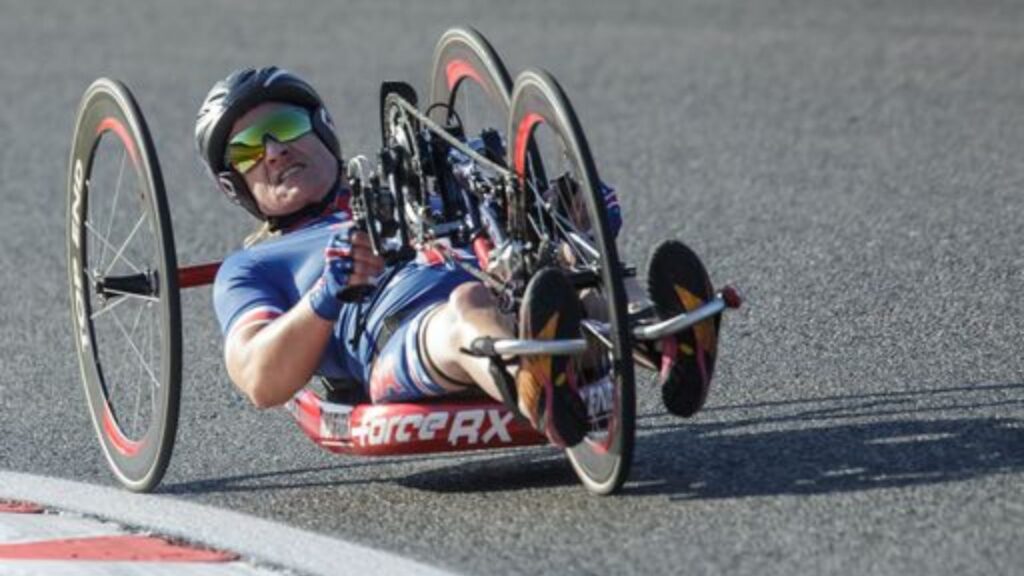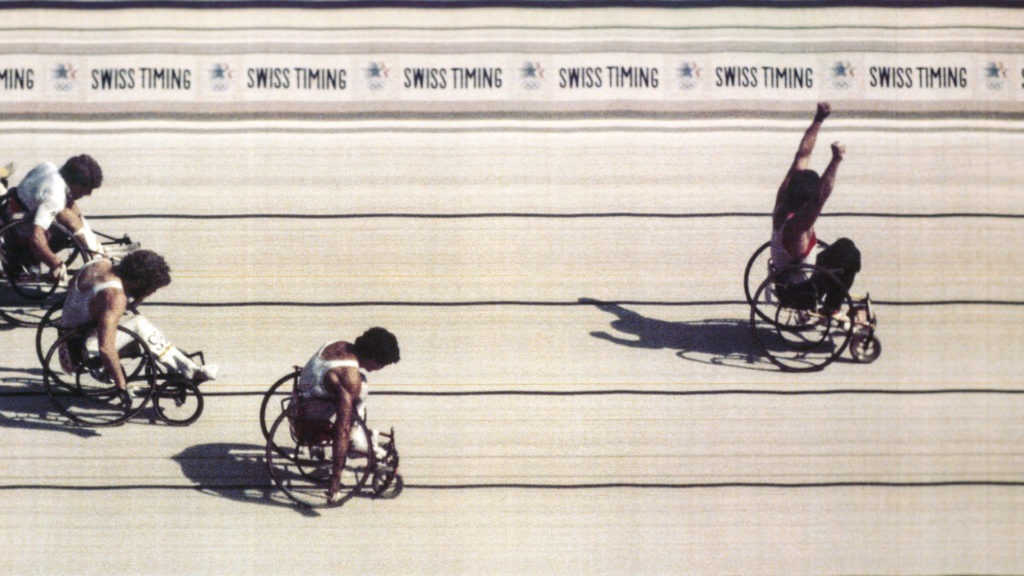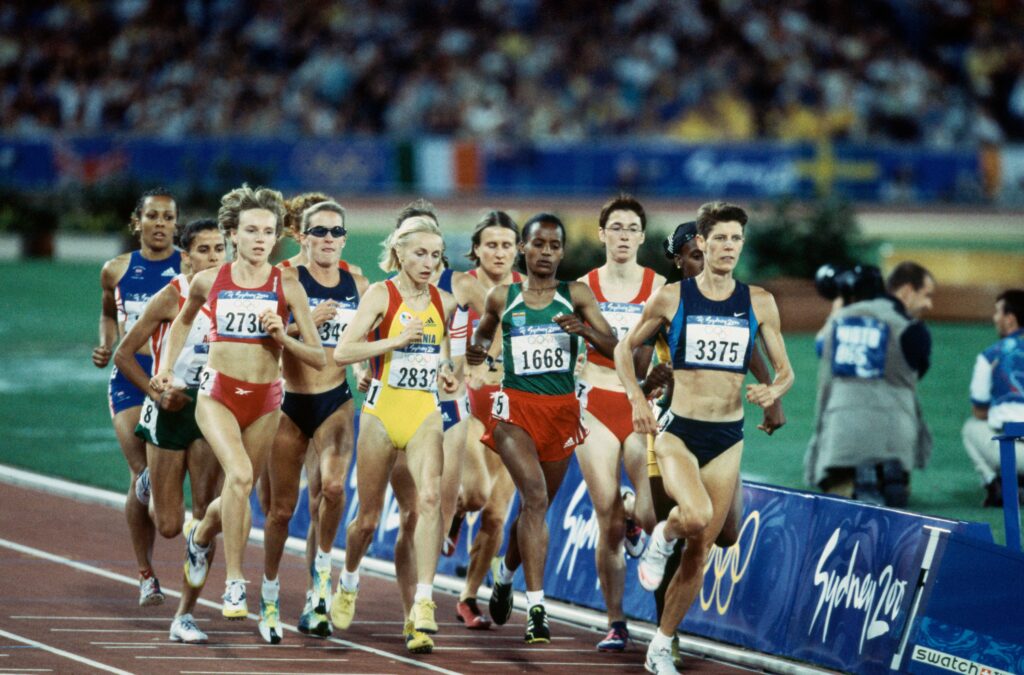The youngest of 10 children in a family that moved from Alabama to Cleveland as part of the Great Migration, Jesse Owens’ relatively brief track career is generally regarded as one of the greatest ever.
At the Berlin 1936 Olympic Games, against a backdrop of racial discrimination in Nazi Germany, Owens claimed four gold medals – a feat that went unmatched for nearly 50 years. On successive days, Owens won gold in the 100-meter dash, the long jump and the 200-meter dash, setting an Olympic record. Four days later, Owens was a late addition to the 4×100-meter relay team that set a world record that stood for 20 years.
The crazy thing is, that might not have been Owens’ best performance.
Indeed, the young man who at first went by his initials J.C. – until a teacher could not understand what Owens was saying and instead thought he was asking to be called Jesse – enjoyed what are called the “greatest 45 minutes ever in sports” one year earlier.
As a young Black man, Owens was continually subject to discrimination. He could not get an athletic scholarship to Ohio State and even during track team road trips, he had to eat carry-out or in restaurants for Blacks and stay in hotels for Blacks. Still, he not only persevered, he thrived on the track – even after tumbling down some stairs five days before the 1935 Big Ten Conference track championships.
Unable to stretch or move much without pain, Owens was unsure whether he would be able to participate. And yet, he set three world records and tied a fourth in less than an hour:
- 3:15 p.m.: Tied the world record in the 100-yard
dash. - 3:25 p.m.: Shattered the previous long jump
world record by more than half a foot, setting a new mark that stood for 25
years. - 3:34 p.m.: Broke the 220-yard dash world record.
- 4 p.m.: Broke the 220-yard hurdles world record,
winning the race by five yards.
Because 220 yards is slightly longer than 200 meters, Owens also was given credit for breaking records in the 200-meter dash and 200-meter hurdles. Owens finished his college career with eight individual NCAA championships.
Owens’ career ended after the Berlin 1936 Olympic Games. USA Track and Field annually awards the Jesse Owens Award to the best athlete in track and field.
Owens passed away in 1980 from lung cancer. He was 66 years old.












